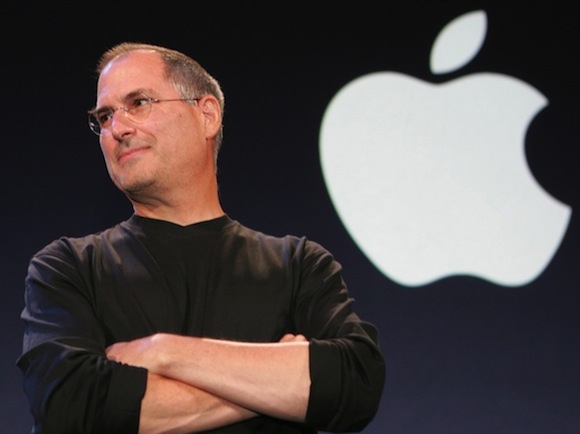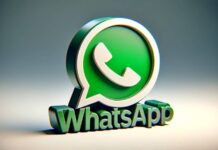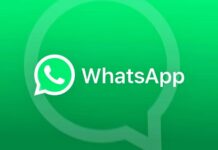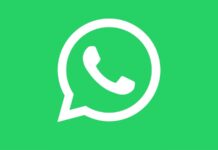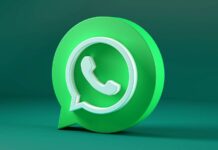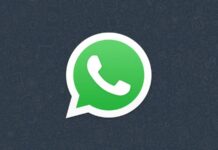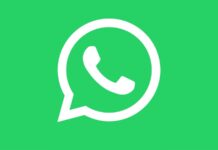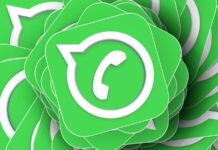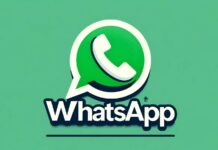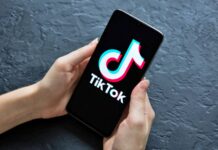In the development process of the first iPhone, Steve Jobs relied extremely much on AT&T, Cingular in the period before 2007, with which he constantly collaborated. Those from Forbes presents some details of this relationship and it all starts with a phone call given by Jobs to Ralph de la Vega, Cingular's COO. Jobs wanted to find out from him what is the best way to implement the radio chips in the terminals iPhone, but he had a 1000-page manual in front of him that was not of much help.
Steve Jobs needed some advice. It was 2006, and Apple was working on the design for its first smartphone. Jobs had questions about his radio. So he called up Ralph de la Vega, Cingular Wireless' chief operating officer, who had helped broker the exclusive deal between Jobs and the telco, soon to be part of AT&T Inc., to carry the phone. ” 'How do you make this device be a really good phone?' ” from Vega recalls Jobs asking. "I'm not talking about how to build a keyboard and things like that. But I'm saying the innards of a radio that worked well.' ” AT&T had a 1,000-page manual that detailed how suppliers should build a mobile radio optimized for its network. "
He said, 'Well, send it to me.' So I sent him an e-mail. Thirty seconds, he calls me back. 'Hey, what the...? What's going on? You're sending me this big document, and the first 100 pages have to do with the standard keyboard,' ” de la Vega says, laughing. "Sorry we didn't take those first 100 pages out, Steve. Forget those 100 pages. Those don't apply to you.' He says, 'Okay,' and he hangs up the phone."
That manual had to be respected by everyone who produced mobile phones for Cingular, but in the case of Apple the first 100 pages were forgotten because they explained the method of implementing a physical keyboard, and the iPhone did not need such a thing . This decision of the COO gave rise to many discussions within Cingular, Apple being the first company to be granted a concession of this kind. The problem was that no one knew what Apple was preparing then, De la Vega signing a confidentiality agreement that obliged him not to give details about the iPhone even to his direct superiors, people who did not understand why Apple had preferential treatment.
News quickly spread inside Cingular that Apple didn't have to adhere to the specs, an act deemed blasphemous by the carrier's CTO, who rang up de la Vega and called him "crazy" for "giving in to Apple." De la Vega had signed a nondisclosure agreement in Jobs' office that was so secretive it prevented him from describing the device to his bosses except in the most general terms. Board members didn't even get to see one until after the deal was signed. "I said, 'Trust me, this phone doesn't need the first hundred pages.' "
Between the management of Cingular and Apple there was a mutual relationship of trust and in the end it proved to be extremely beneficial for both companies. In 2007 Cingular became AT&T, and the management team wanted to promote their new brand by launching the iPhone, an extremely wise decision, because now the company's name is known all over the world and directly linked to the terminal. However, in 2007 the decision to have the iPhone in its own network proved to be a difficult one, especially after the operator found that the device required a much stronger Internet network than the existing one, the company's analysts initially predicted that users would not they will use data connections very intensively.
Of course, this is only part of the history of the iPhone in the US, you can learn more from Forbes.


